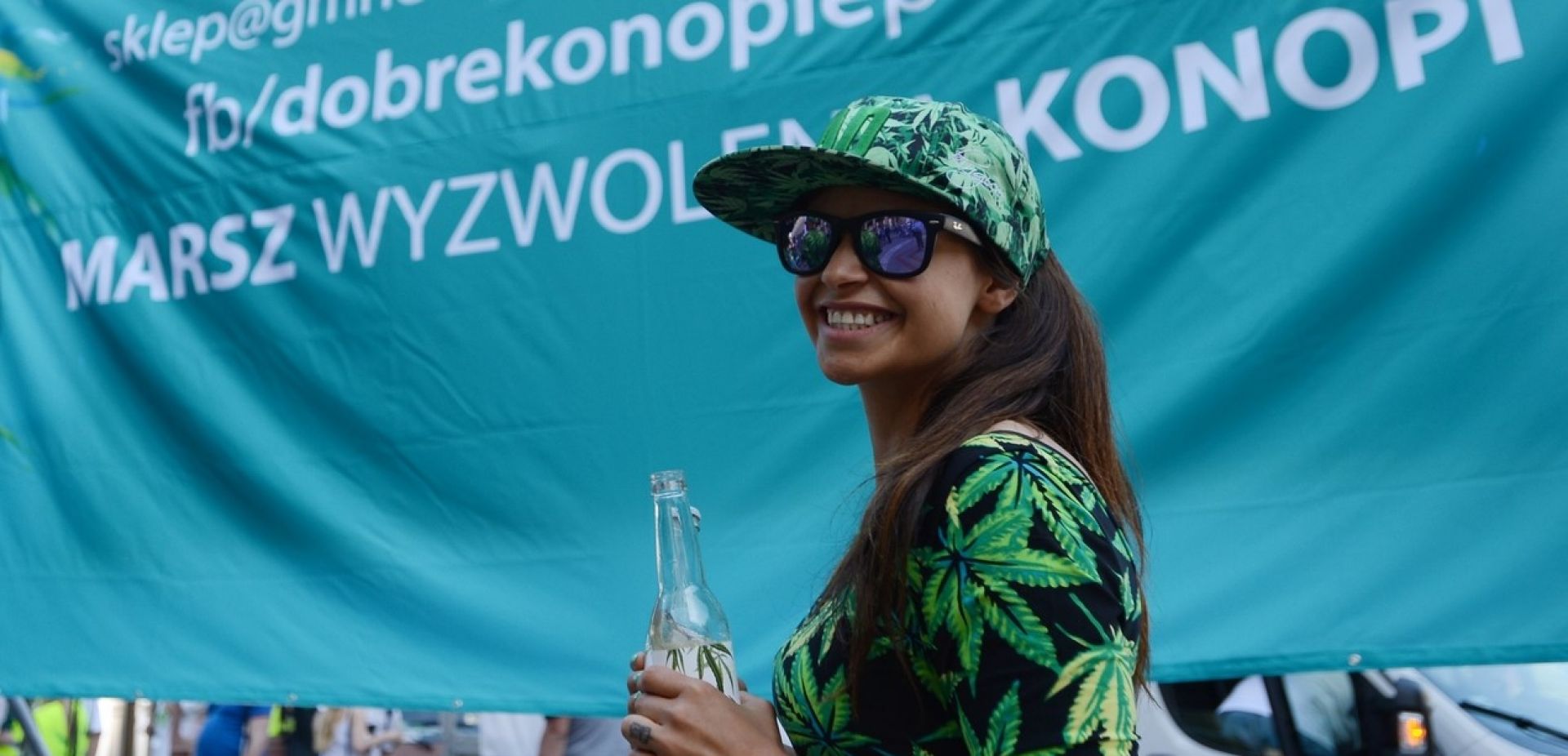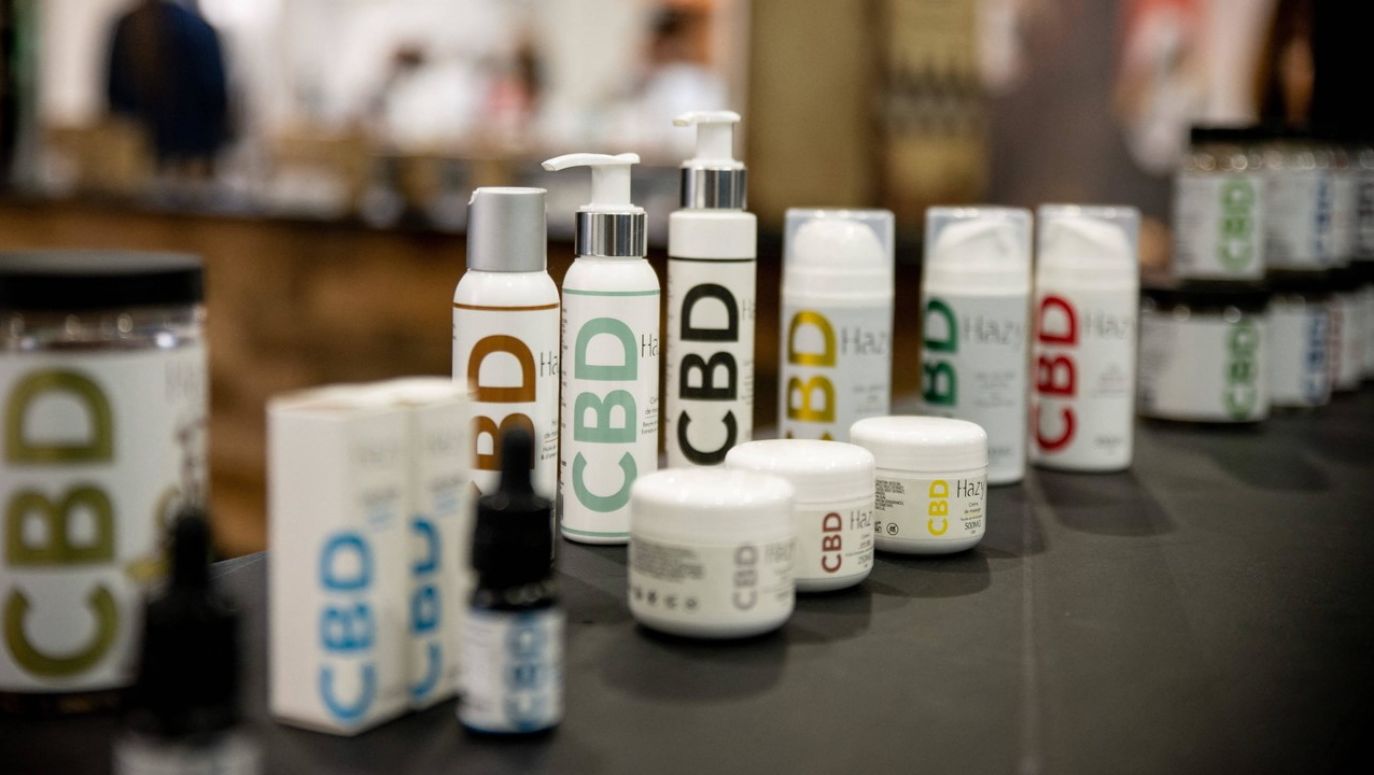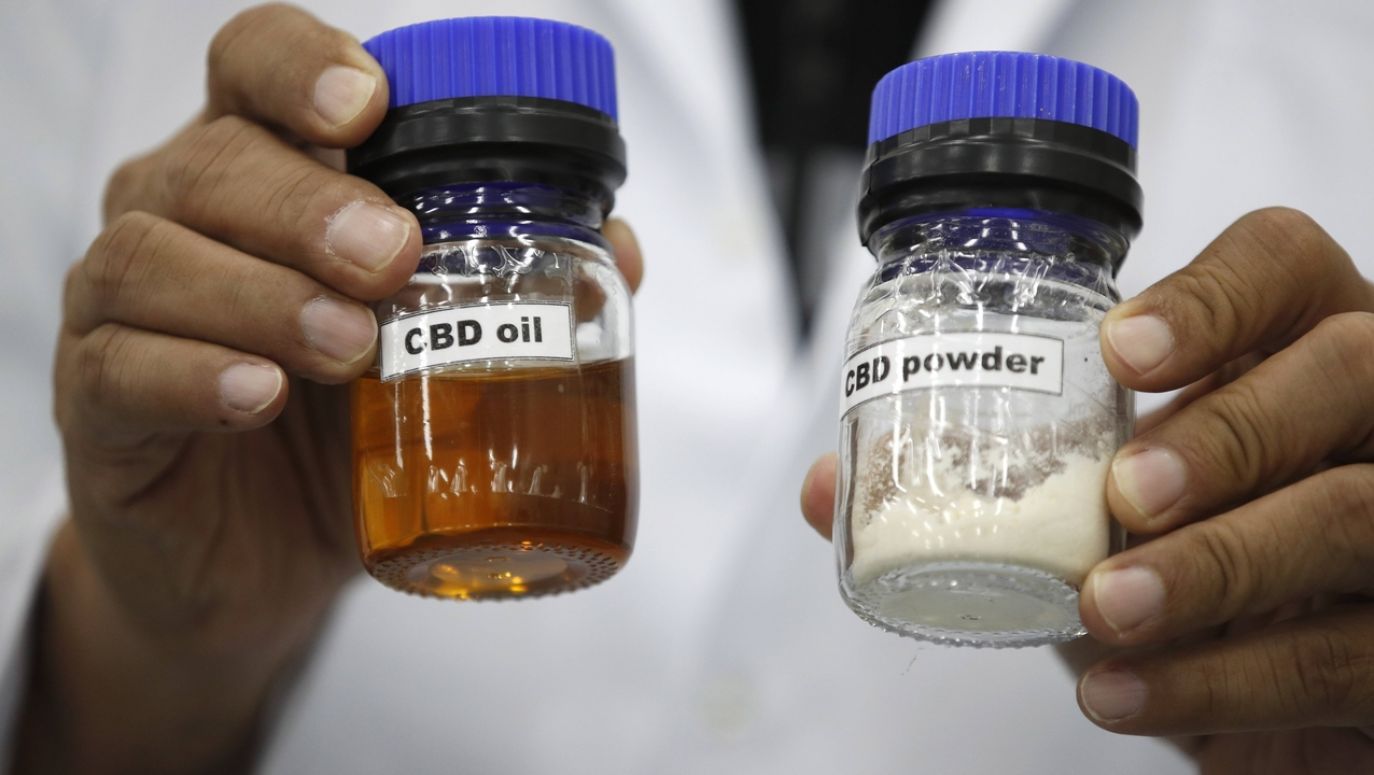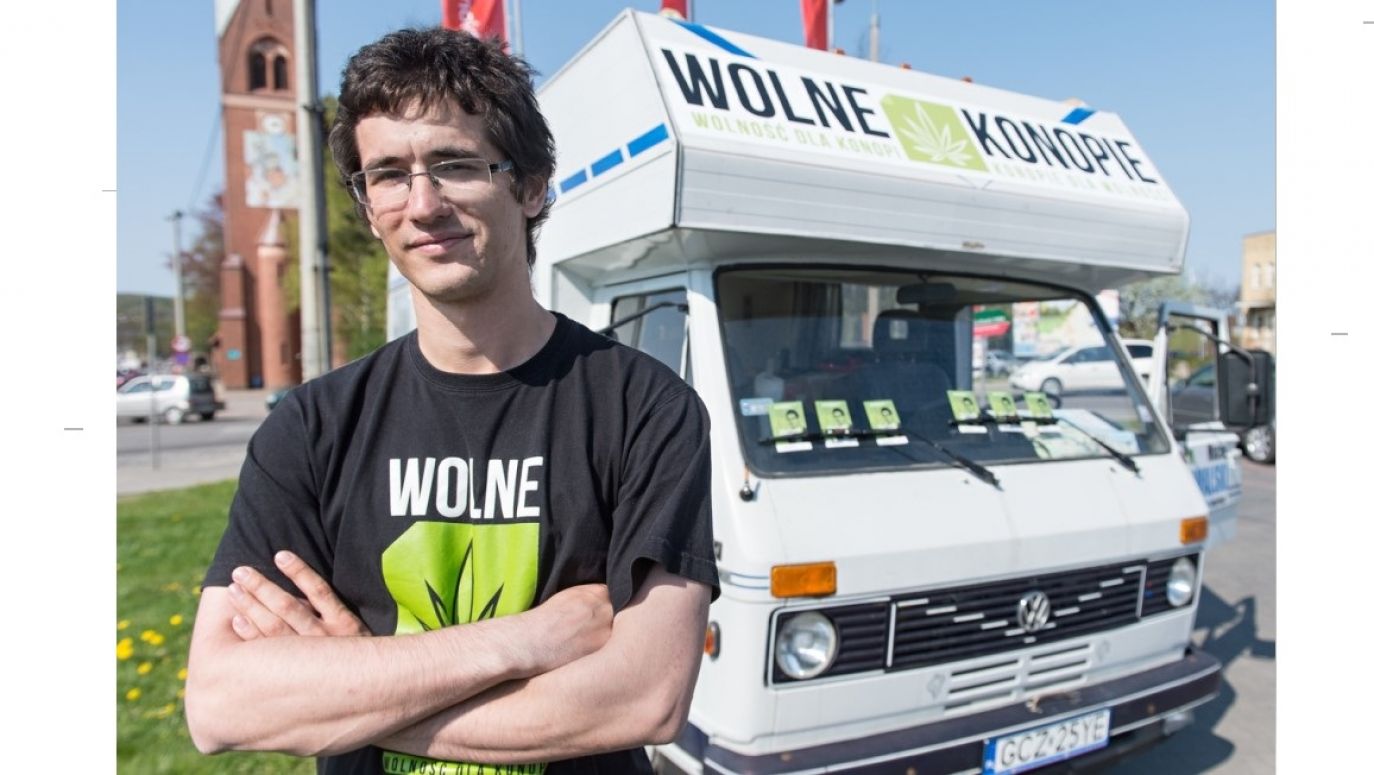Who buys it? Who is your average customer?
Let’s take the example of an educated 30-year-old girl from a [rural part of Poland]. No one expects this, because everyone assumes [the average users are] young guys from larger cities. Apart from them, our best customers are this woman’s mother and grandmother. That's what the research showed, and it was a surprise to me too. What could this be due to? Perhaps from the greater tradition of herbalism in rural areas. I'm not a charlatan, and I'm not claiming to cure cancer; I'm just talking about common sleep issues. Rural people are closer to nature, much more so than the 'farmers' of Warsaw. And it is these people from the Polish villages who believe in the power of herbs. Not some magical power, but their tangible effect on everyday problems. If they have a stomach ache, they try drinking mint or chamomile, and it passes. The other big reason could be reduced access to healthcare in rural areas. I don't know if this trend still holds in Europe, but some time ago the popularity of CBD was higher in Poland and Spain than in countries with a better standard of healthcare, such as Germany and the UK. When there is a good health service, you go to the doctor, whereas in our country you go to the doctor as a last resort. Often you can't get in. And if you do manage to get in, the doctor has four minutes to see you. For mental health, the situation is even worse, because in Poland, doctors prescribe psychoactive drugs for everything.
 SIGN UP TO OUR PAGE
SIGN UP TO OUR PAGE 
The second part of the research showed that the main reason people purchased our products was to treat a wide range of mental health issues, which are poorly perceived in Poland. The thought immediately springs to mind: crazy. And we have all been in worse mental states. Some people have pre-depressive states or are already depressed, while others have periods of ‘poor wellbeing’, problems sleeping, or stress. One in three Poles complains about not being able to get enough sleep. These are the people who buy my products.
But do CBD oils really work? Maybe people are taken in by the legend of cannabis, and the product is a kind of placebo. A fake?
Indeed, a huge proportion of hemp products should not even be categorised as hemp. Companies order a container of powder from the People's Republic of China, which is an artificial CBD molecule, add the cheapest oil from the supermarket, and sell the finished product to the end customer. We prepare the oil, which is an extract from a plant we grow ourselves on 40 hectares near Elbląg [a town in northern Poland - ed.]. It contains hundreds of active compounds.
The label should say: 'full spectrum'. This means that it contains not only pure CBD, but also everything that nature has to offer. But manufacturers often cheat. The hemp market is a bit of a Wild West.
So is the market for cannabis products one big scam?


 SIGN UP TO OUR PAGE
SIGN UP TO OUR PAGE 








